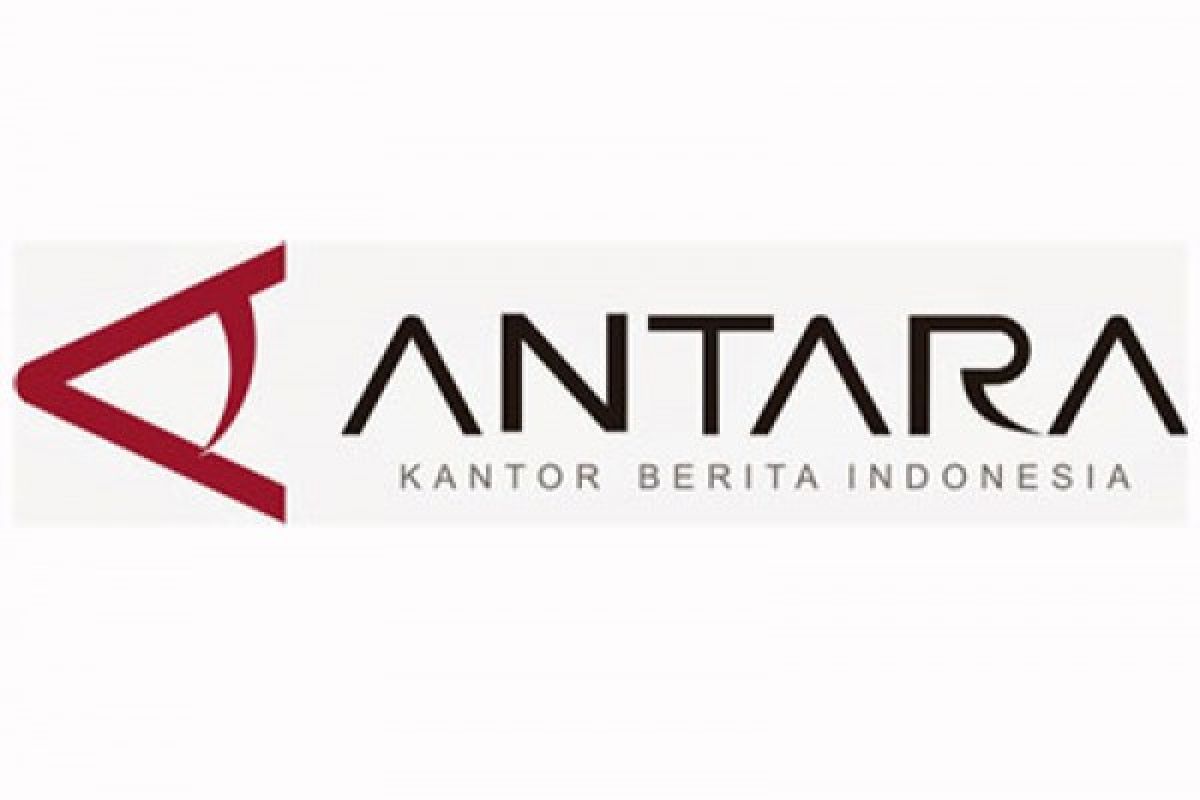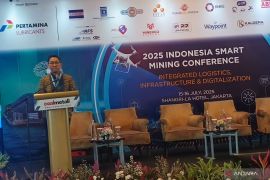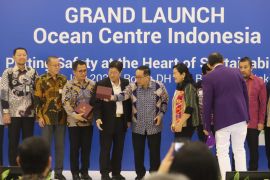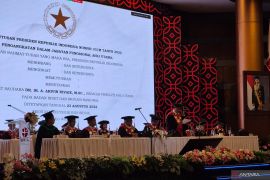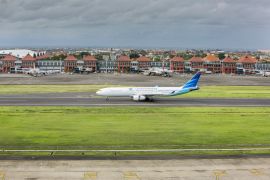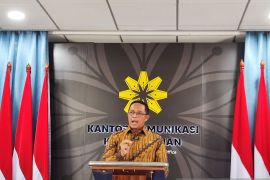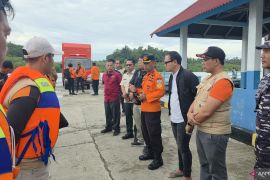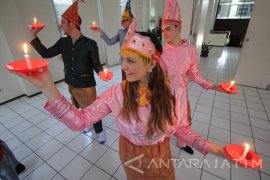"The government in this case the Ministry for Research, Technology and Tertiary Educational Institutions should carry out a study. We want a regulation and certainty that the foreign lecturers could share and collaborate with local lecturers," Sutan Adil Hendra, deputy chairman of the Commission X of the House of Representatives said.
The Ministry has said it would recruit 200 foreign lecturers to work at Indonesian tertiary educational institutions or universities.
The plan is based on the controversial Presidential Regulation No. 20 of this year facilitating employment of expatriates in the country.
Sutan Adil said regulation is important on the plan to recruit foreign lecturers as the foreign lecturers are needed only to improve the quality of the country`s universities with competent teaching staff.
"Indonesian professors are not inferior to foreign professors. Perhaps the difference is only in experience, therefore collaboration is needed among the lecturers with their respective skills," he added.
He said the presence of foreign lecturers is expected to contribute to improving the competence and capacity of university lecturers in the country.
"However, regulation is necessary as the foreign lecturers would not stay permanently in Indonesia," he said.
Director General of Innovation Strengthening Jumain Appe has said thorough study will be carried out that Indonesian lecturers would not lose their jobs.
"We would encourage local and foreign lecturers to cooperate in conducting international research to turn out world class professors," Jumain said.
Earlier this month, Rector of the state Islamic Institute (IAIN) of Samarinda Dr Mukhamad Ilyasin, Mpd expressed strong support for the government plans to recruit foreign lecturers.
The plan of the Minister for Research and Technology and Higher Educational Institutions Muhammad Nasir to recruit 200 lecturers from abroad is needed to improve the country`s reputation in education, Dr Ilyasin said.
"It has to be admitted that a number of universities in the country still lack teaching competent staff for certain fields of study," he said in the East Kalimantan capital.
He said IAIN had even asked for lecturers from Australia as part of the national program.
He said he was aware that the government`s program would draw pros and cons among the academicians as not all high educational institutes share the same opinion about the program.
He said IAIN prefer lecturers from Australia on cost consideration , adding the cost would be much higher by recruiting lecturers from the United States.
The government had also announced a controversial decision allowing foreign, private universities, mainly leading universities to operate in the country.
By mid-2018 the first foreign university should be able to open its doors in Indonesia, Minister Muhammad Nasir said.
Foreign universities will be able to operate in the country under the strict requirement that they operate in partnership with existing local universities with curriculum to focus on science, technology, engineering, mathematics, business, technology, or management.
Nasir said a number of foreign universities have already shown their interest in opening a branch in Indonesia such as the University of Cambridge, the University of Melbourne, and the University of Queensland.
The foreign universities could grow to become a foreign exchange earner as students from other Asian countries could be attracted to study at the foreign universities, an observers said.
A number of local universities, however, see the policy as a threat to their existence.
The policy is line with the government program to give greater priority to human resource development in 2019.
President Joko Widodo (Jokowi) has said the priority in development in 2019 would be human resource development (HRD).
"We will step in to a second important phase that is investment in human resource development. We will prepare the program this year, that next year we are right in the second phase of activities," the president said earlier this month.
The president said in the first 3.5 years of his administration since 2014, had focused on infrastructure development.
In the first three years of Jokowi administration, the country has focused more on massive infrastructure development , building new toll road, airports, seaports, big dams, and power plants and opening isolated areas especially in frontier areas.
(T.SYS/A/H-ASG/A014)
Reporter: antara
Editor: Heru Purwanto
Copyright © ANTARA 2018
